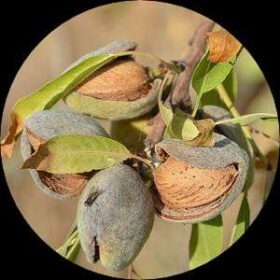- Empty cart.
- Continue Shopping
Chakkaravalli (Sweet Potato)
Original price was: ₹380.00.₹240.00Current price is: ₹240.00.
Genus : Ipomoea
“Introducing the Chakkaravalli Plant, also known as the Sweet Potato plant. With its vibrant foliage and delicious tubers, this plant is a must-have for every home garden. Easy to grow and harvest, sweet potatoes offer a wide range of culinary possibilities. From baked sweet potato fries to roasted sweet potato mash, you can enjoy the rich flavors and nutritional benefits of this versatile vegetable. Start your own sweet potato garden with the Chakkaravalli Plant and experience the joy of harvesting your homegrown sweet potatoes.”
Sweet potato (Ipomoea batatas) is a tropical perennial plant that belongs to the morning glory family, Convolvulaceae. It is grown for its sweet, starchy tuberous roots, which are a staple food in many parts of the world.
The plant has an upright growth habit, with long, slender stems that can grow up to several meters in length. The leaves are large, lobed, and heart-shaped, with a pointed tip and a deep green color. The flowers are funnel-shaped and can range in color from white to pink or purple, depending on the variety.
The sweet potato root is the most commonly used part of the plant. It can be prepared in a variety of ways, including boiling, baking, roasting, and frying. Sweet potatoes are a good source of complex carbohydrates, dietary fiber, and vitamins and minerals, including vitamin A, vitamin C, potassium, and manganese.
In addition to its culinary uses, sweet potato has also been used for medicinal purposes in traditional medicine. It is believed to have anti-inflammatory properties and may help to improve digestive health and blood sugar control.
Sweet potato plants are typically grown from slips, which are shoots that sprout from the tuber. They require warm temperatures and well-draining soil, and can be grown in a variety of climates, including tropical and subtropical regions.
Sweet potato is a versatile and nutritious plant that has been cultivated and enjoyed for thousands of years. Its many health benefits and culinary uses make it a valuable addition to any diet.













Reviews
There are no reviews yet.